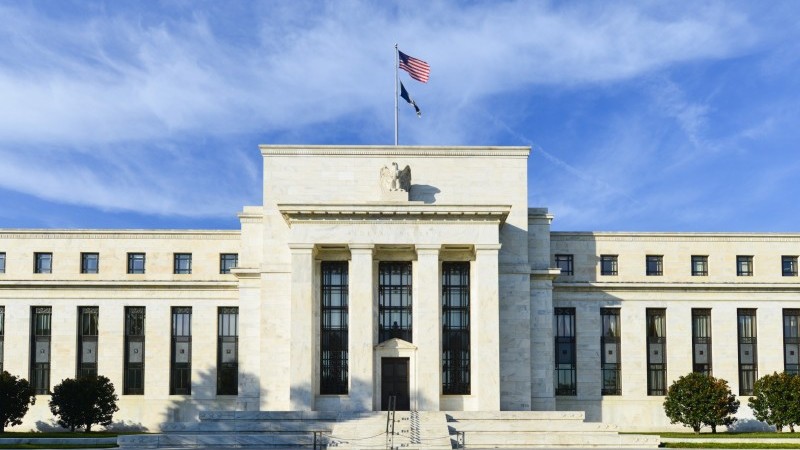In terms of liquidity circumstances, it’s quite a comfortable story. This stems back to the debt ceiling, which limits the ability of the US Treasury to engage in net issuance. That in turn means that tax income taken in by the US Treasury gets spent down quite quickly, resulting in a boost to bank reserves. In consequence, despite the quantitative tightening (QT) done, there is no sense of bank reserves dipping into a state where there might be liquidity issues. The lift of the debt ceiling would put all of this into reverse, resulting in a material reduction in bank reserves and tighter conditions. The glide path for QT already engineered by the Fed has set the stage for this, and in that sense the Fed is broadly ready. Chair Powell may or may not choose to comment on this at the press conference.
A juicier element that Chair Powell likely will be questioned on is the recent suggestion from Senator Cruz that the Fed should not compensate banks for holding (excess) reserves. Traditionally minimum bank reserves were a regulatory requirement that paid zero interest. But, because of the large QE engineered during the GFC, banks had to be compensated at market rate levels for holding more reserves than they really needed. That coincided with a change in the way the funds rate was managed, with the rate charged on bank reserves operating as something of a soft ceiling (IOER at 4.4% currently). And loosely, the effective floor rate is proxied by the rate set on the reverse repo facility (RRP at 4.25% currently). Both represent liquidity pools, and both are avenues that the Fed employs to help manage liquidity circumstances. Moreover, they are two Fed levers that help guide the funds rate within the policy floor and ceiling rates (currently 4.25% to 4.5%).
In our opinion, any decision that removes a rate compensation on bank reserves is certainly un-practicable, and potentially unworkable. Banks would then choose not to hold excess reserves, likely channeling liquidity excesses into reverse repo balances. But doing so would make the Fed’s liquidity management job more difficult. Chair Powell won’t bring this up voluntarily at the press conference, but it is likely a hot question that someone will ask.
